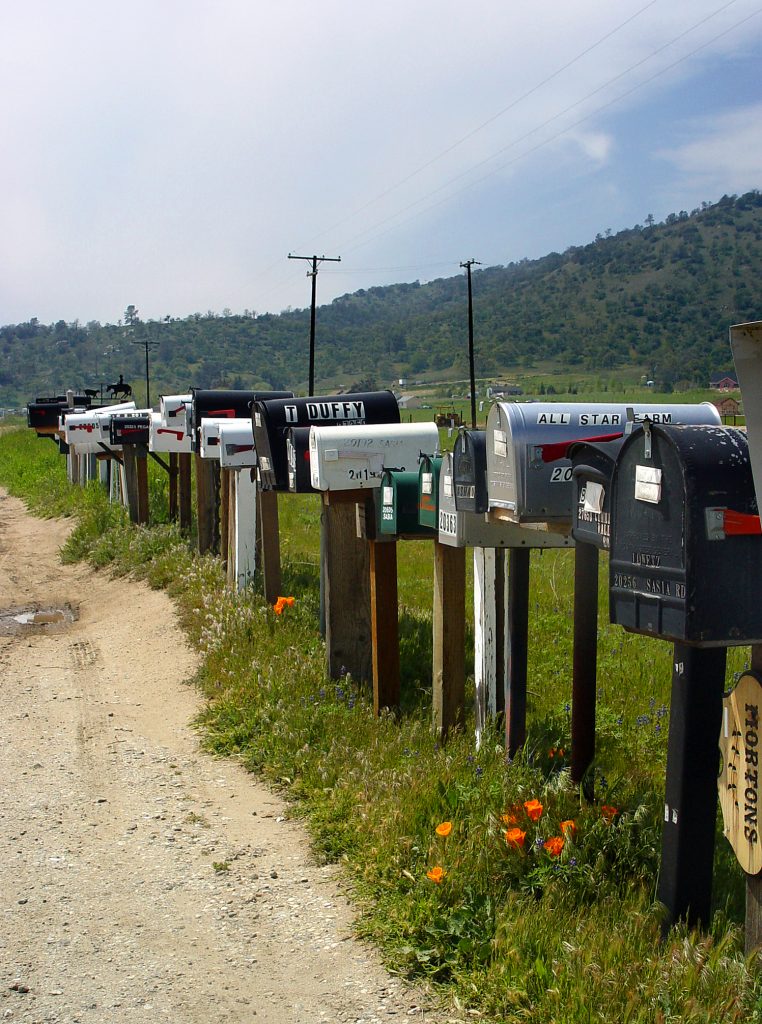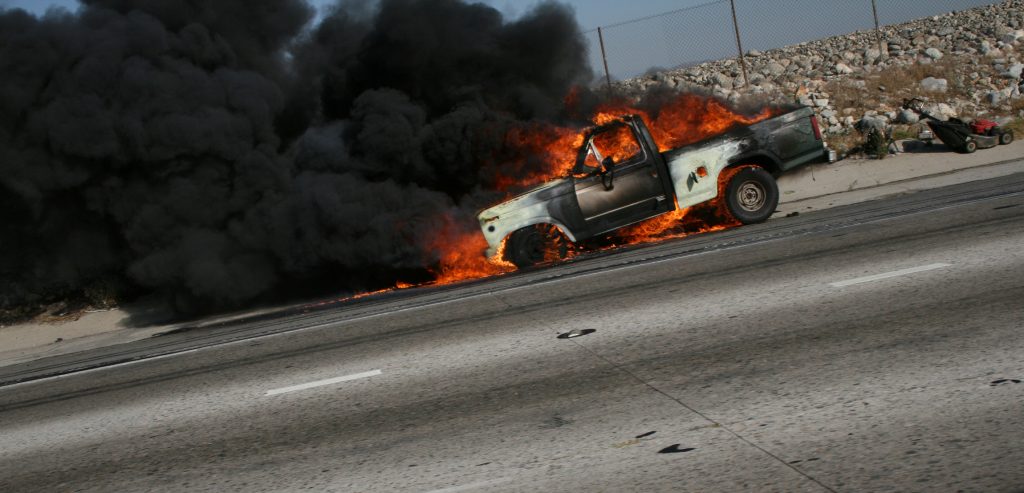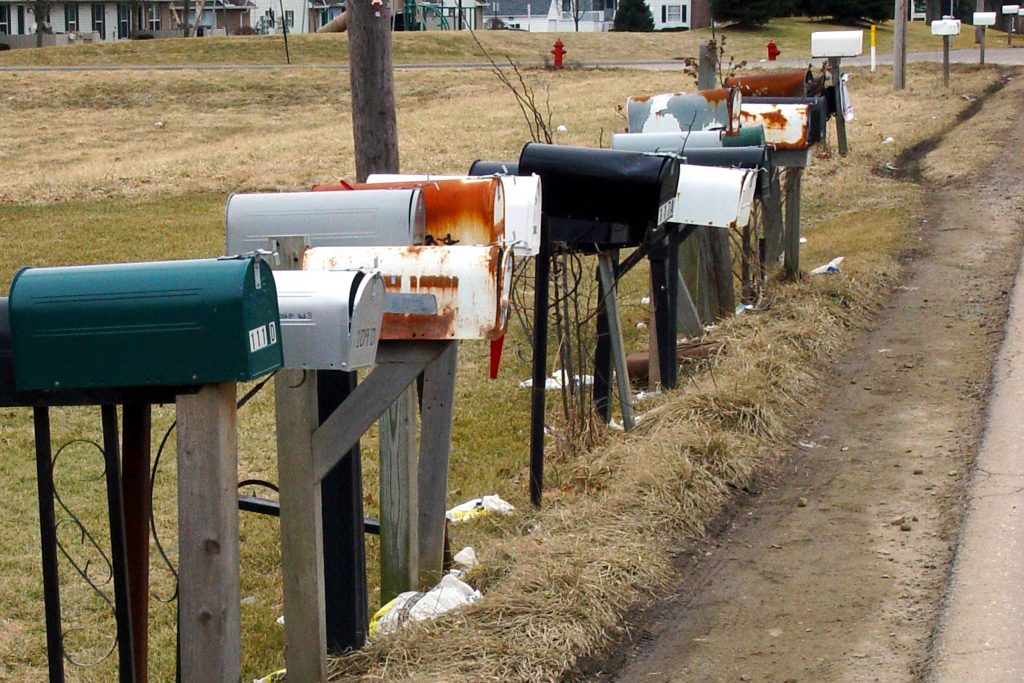 In order to file an insurance claim you first must have insurance coverage. It’s important that you stay aware of the renewal dates for the continuation of coverage so that you do not end up losing out on critical insurance payments in times of crisis. In certain situations it’s your insurance company or agent’s duty to notify you that your coverage has lapsed. A recent case involving a homeowners insurance policy for a property located on Lafourche Street in New Orleans discusses the burden of proof necessary to justify a homeowner’s claims of improper notification of nonrenewal by his insurance agent.
In order to file an insurance claim you first must have insurance coverage. It’s important that you stay aware of the renewal dates for the continuation of coverage so that you do not end up losing out on critical insurance payments in times of crisis. In certain situations it’s your insurance company or agent’s duty to notify you that your coverage has lapsed. A recent case involving a homeowners insurance policy for a property located on Lafourche Street in New Orleans discusses the burden of proof necessary to justify a homeowner’s claims of improper notification of nonrenewal by his insurance agent.
In early 2000, after the roof of his property in New Orleans was damaged, Edward Collins filed a claim under his homeowner’s policy with State Farm Insurance Company. State Farm paid Mr. Collins for the damage per his homeowner’s policy for that claim. In 2004, Mr. Collins submitted a subsequent claim under his homeowner’s policy. State Farm performed an investigation and uncovered that Mr. Collins failed to repair his roof after his funds were disbursed for his 2000 claim. Upon this discovery, State Farm did not renew the homeowner’s policy when it expired in May of 2005.
Mr. Collins was sent a letter of nonrenewal on April 27, 2005. However, Mr. Collins asserts that he never received a notice of nonrenewal. In August of 2005, Mr. Collins filed a claim under the homeowner’s policy for damage to his property as a result of Hurricane Katrina. State Farm denied the claim, setting forth that there no longer was an existing policy for Mr. Collin’s property.
 Louisiana Personal Injury Lawyer Blog
Louisiana Personal Injury Lawyer Blog


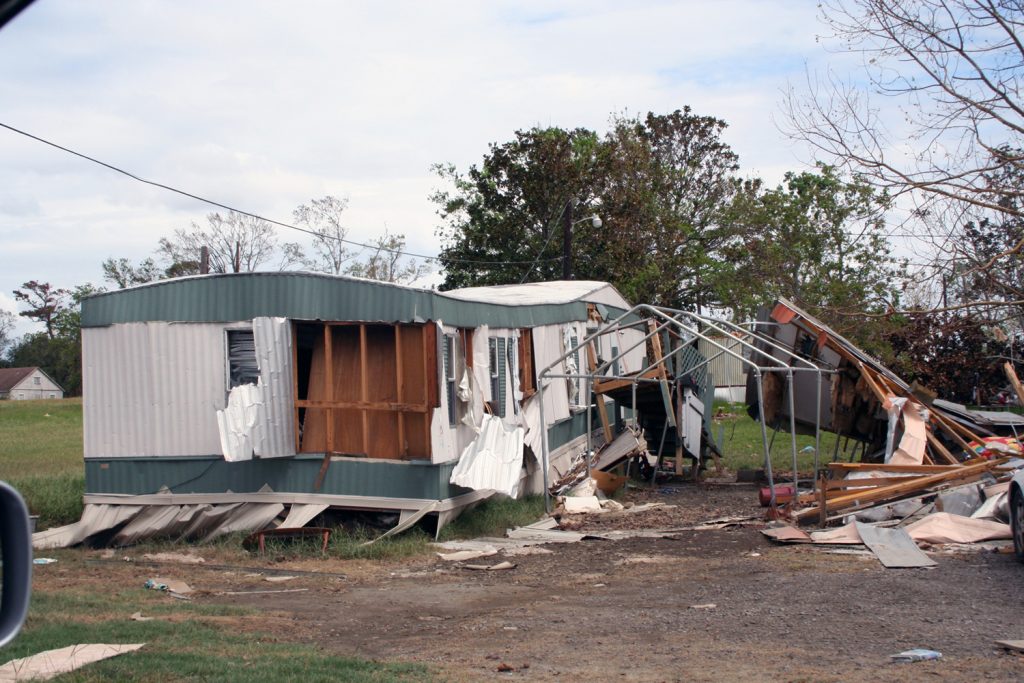 Hurricane Katrina wreaked havoc on Louisiana in 2005. As a result of the storm insurance claim litigation continued on for years thereafter. In Louisiana there are short deadlines for filing a lawsuit if you believe you were treated unfairly by your insurance company. If you do not file your lawsuit on time you might be met with a Motion to Dismiss, as was Lionel Williams who sued Louisiana Citizens Property Insurance Company for claims of mishandling of his Hurricane Katrina insurance claims.
Hurricane Katrina wreaked havoc on Louisiana in 2005. As a result of the storm insurance claim litigation continued on for years thereafter. In Louisiana there are short deadlines for filing a lawsuit if you believe you were treated unfairly by your insurance company. If you do not file your lawsuit on time you might be met with a Motion to Dismiss, as was Lionel Williams who sued Louisiana Citizens Property Insurance Company for claims of mishandling of his Hurricane Katrina insurance claims.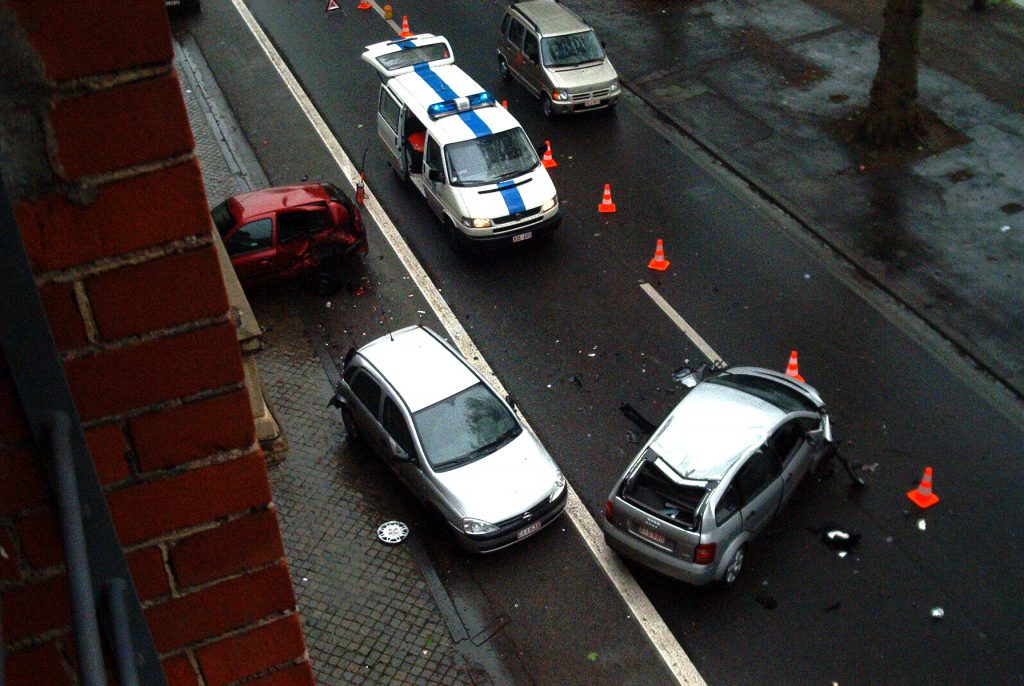 Insurance policies can be difficult to understand. Litigating disputes arising from insurance policies can be even more difficult because the court must look not only at the policy itself to decide the case but must also consider which state’s law to apply to the case. The complexity of insurance cases makes it important to seek the services of an attorney familiar with the nuances of insurance litigation.
Insurance policies can be difficult to understand. Litigating disputes arising from insurance policies can be even more difficult because the court must look not only at the policy itself to decide the case but must also consider which state’s law to apply to the case. The complexity of insurance cases makes it important to seek the services of an attorney familiar with the nuances of insurance litigation.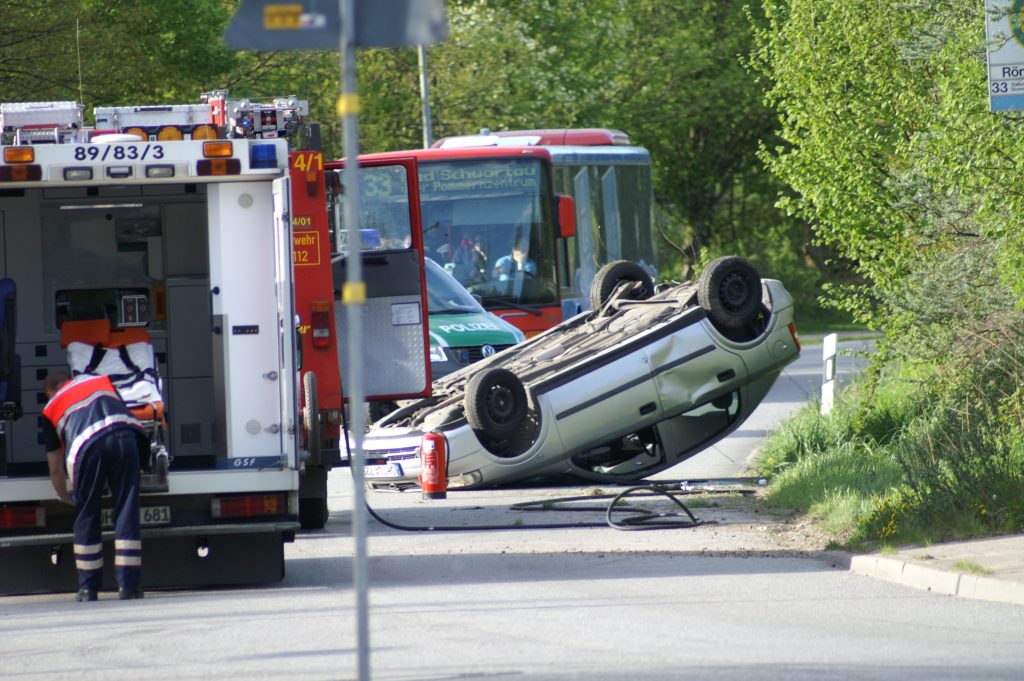 A rear-end collision in Opelousas has led to a demonstration on how complex lawsuits concerning insurance companies can be. The Third Circuit Court of Appeal reversed a trial court’s decision regarding damages suffered in the accident, focusing on the amount owed to the plaintiffs by two different insurance companies.
A rear-end collision in Opelousas has led to a demonstration on how complex lawsuits concerning insurance companies can be. The Third Circuit Court of Appeal reversed a trial court’s decision regarding damages suffered in the accident, focusing on the amount owed to the plaintiffs by two different insurance companies.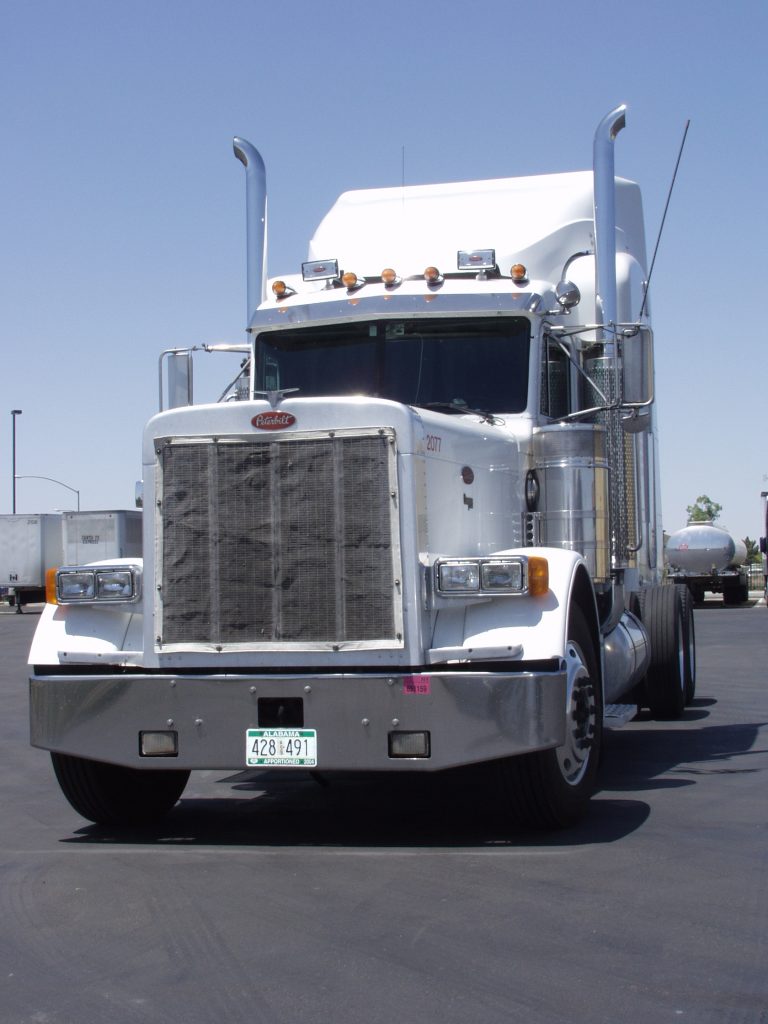
 In Louisiana the owners of motor vehicles are required by law to maintain a minimum amount of insurance in case of a collision. That’s the law and there is no getting around it. The rational behind it is simple, if you crash your car into someone else there needs to be at least a minimum amount that can be recovered by the other person. The consequences of not following that law is a bar from recovering the first $15,000 for your injuries and the first $25,000 of any property damage that you incur if you are in a wreck and it’s not your fault. Those penalties are harsh, but what happens if you fail to maintain insurance and you still have a note on your vehicle? Is the note holder left out in the cold for that first $25,000 to repair the car as well? The following case out of Baton Rouge Louisiana demonstrates what happens in those circumstances.
In Louisiana the owners of motor vehicles are required by law to maintain a minimum amount of insurance in case of a collision. That’s the law and there is no getting around it. The rational behind it is simple, if you crash your car into someone else there needs to be at least a minimum amount that can be recovered by the other person. The consequences of not following that law is a bar from recovering the first $15,000 for your injuries and the first $25,000 of any property damage that you incur if you are in a wreck and it’s not your fault. Those penalties are harsh, but what happens if you fail to maintain insurance and you still have a note on your vehicle? Is the note holder left out in the cold for that first $25,000 to repair the car as well? The following case out of Baton Rouge Louisiana demonstrates what happens in those circumstances. Louisiana is a “Direct Action State” which means that an injured party has the option to sue an insurer for coverage under someone else’s policy. See La. Rev. Stat.
Louisiana is a “Direct Action State” which means that an injured party has the option to sue an insurer for coverage under someone else’s policy. See La. Rev. Stat. 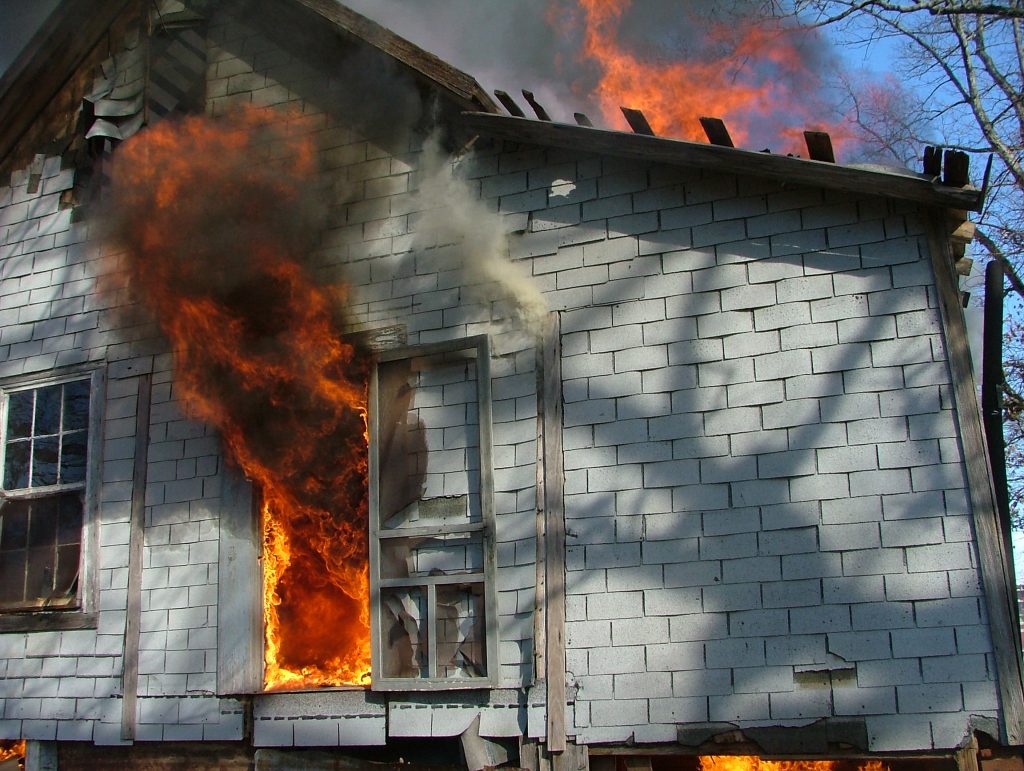 In bringing or defending against a lawsuit, an important question is which court should hear the merits of the dispute, a state court or a federal court. Any court hearing the lawsuit must have “jurisdiction”; the power to hear a particular dispute. Under
In bringing or defending against a lawsuit, an important question is which court should hear the merits of the dispute, a state court or a federal court. Any court hearing the lawsuit must have “jurisdiction”; the power to hear a particular dispute. Under 